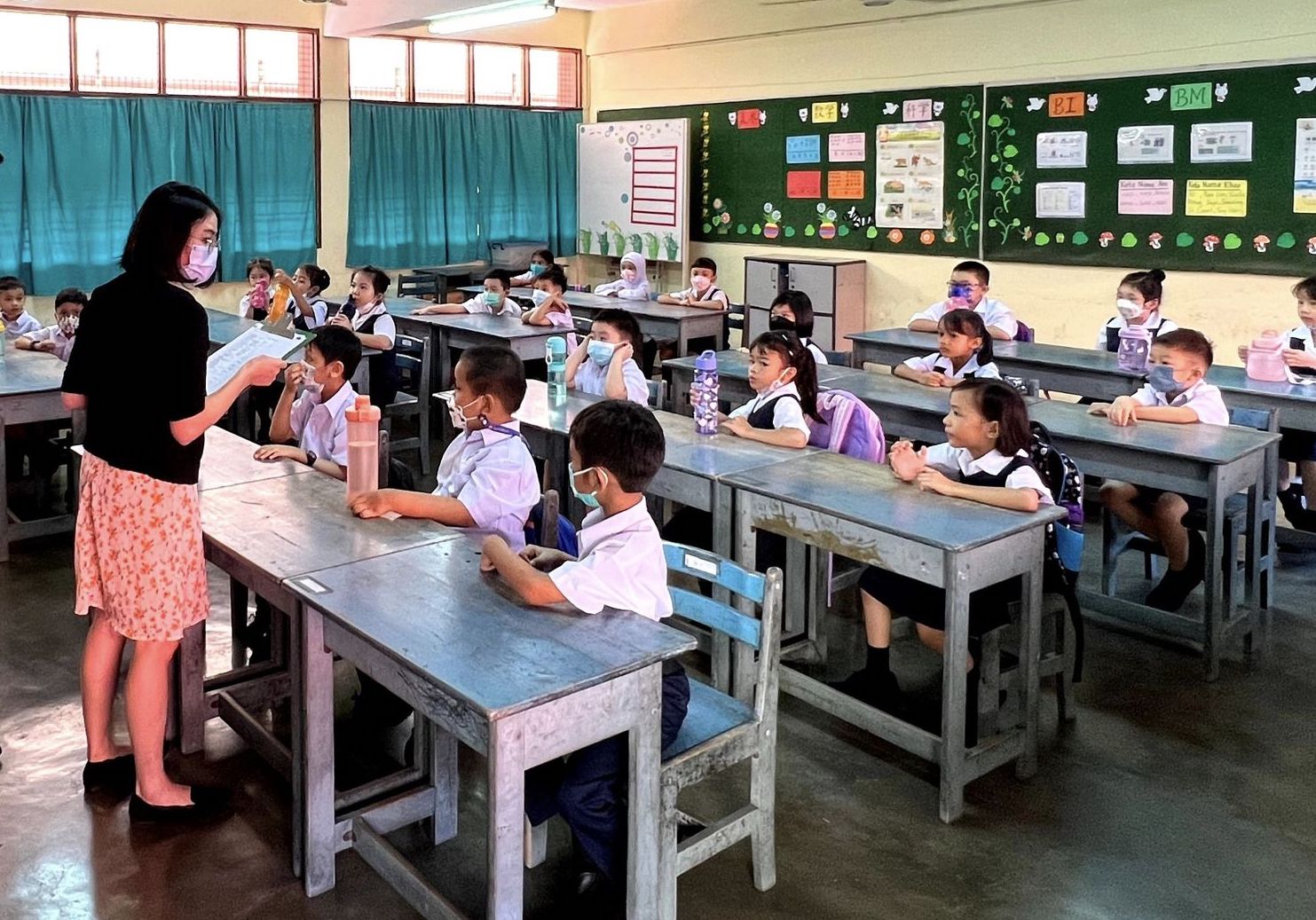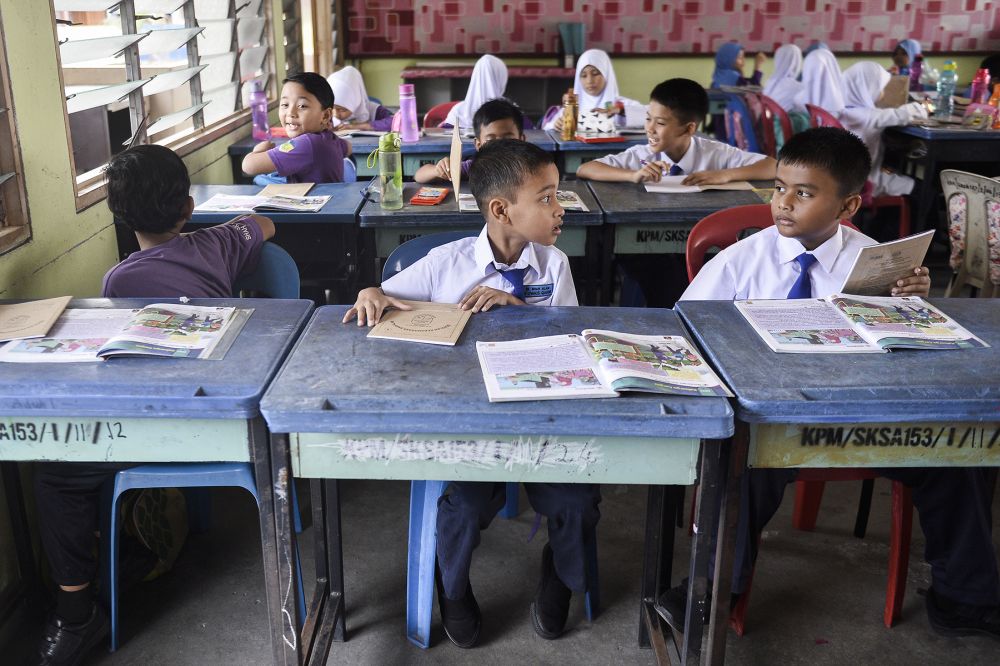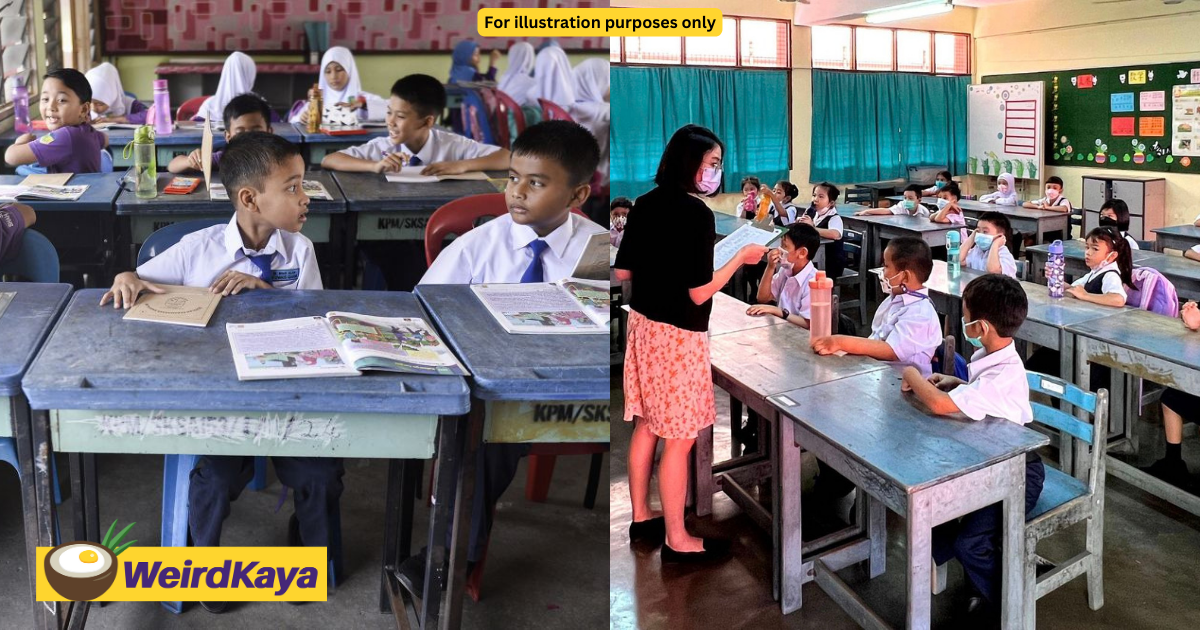The World Bank just released a report about Malaysia’s education system, and it’s not looking good: lots of money is being spent, but too many students aren’t learning what they need to.
The World Bank’s report, “Bending Bamboo Shoots: Strengthening Foundation Skills,” shows just how serious this issue is. It’s clear that changes are needed fast to make sure education spending actually helps kids learn better.
It doesn’t pay off well in terms if learning

The report shows that Malaysia spends about 3.2% of its money on education, but it’s not paying off well in terms of learning. Only 58% of students in Malaysia are good at reading by the end of Standard 5.
That leaves a big chunk, 42%, who aren’t doing well. This is much higher than in other countries with similar money situations, where only 34% struggle with reading.
Vietnam is doing better despite being a country with lower economic resources and education spending
It’s worrying that 61% of poor kids in Malaysia aren’t doing well in school. What’s surprising is that Vietnam, even though it’s not as rich and doesn’t spend as much on education, is doing better.
On average, Malaysian kids spend 12.5 years in school but only learn as much as 8.9 years. In Vietnam, they learn more—about 10.7 years—despite going to school for almost the same time.
Why Malaysia’s education system is struggling

There are a bunch of reasons why Malaysia’s education system is struggling, according to the report.
First off, there aren’t enough options for little kids to learn early on. Plus, teachers aren’t always ready or committed, and there’s no good way to track how well they’re doing.
Even though more kids are going to preschool now, there are still problems like not enough places to go, not enough people knowing about it, and it being too expensive for some families.
Recommendations for improvement
Based on the discoveries, the World Bank report suggests ways to tackle Malaysia’s education challenges.
It advises improving access and quality of preschool education, measuring student learning outcomes, and providing ongoing training for teachers according to international standards.



